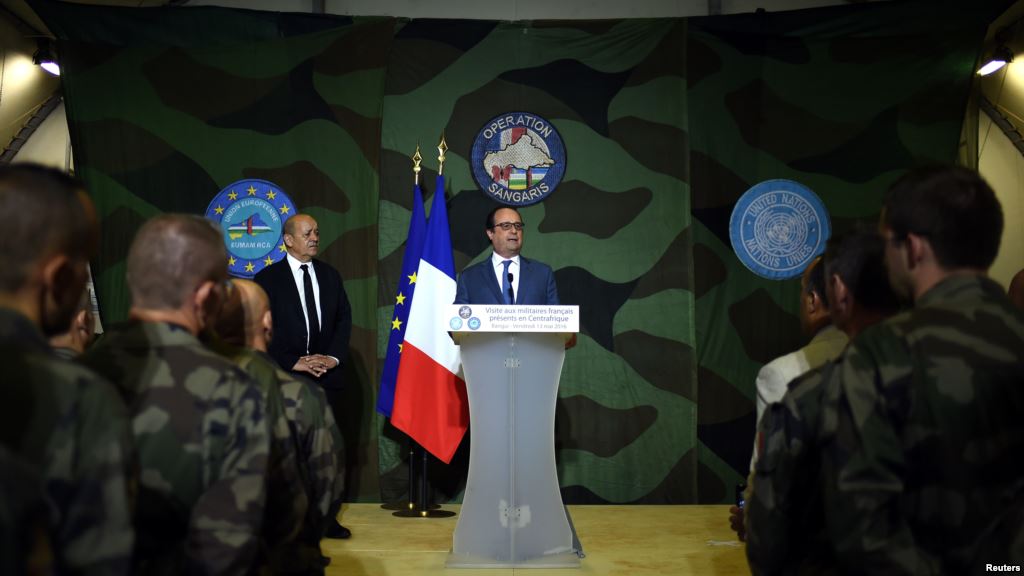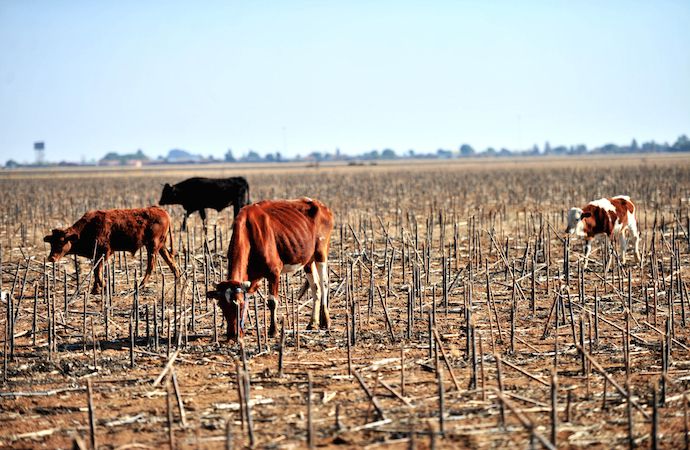The United Nations is ready to work with east African bloc IGAD to refine the group’s proposal for an intervention force within the U.N. peacekeeping mission in South Sudan, U.N. peacekeeping chief Herve Ladsous told the Security Council on Wednesday.
After an outbreak of deadly violence between rival troops in South Sudan’s capital Juba in the past week, IGAD demanded the creation of an intervention brigade, similar to a U.N. combat force in Democratic Republic of Congo that is mandated to enforce peace by targeting and neutralizing armed rebel groups.
“The goal, as I understand it, being to secure Juba and, if possible, its airport through demilitarization so that the government of transition and national unity can get to work without worrying about security issues,” he said.
Such a combat unit would need to be authorized by the U.N. Security Council, which on Sunday urged states in the region to prepare to send additional troops to South Sudan in the event that the 15-member body decides to reinforce the U.N. mission.
Ladsous said that it was likely that the mission would need to be boosted with additional troops and more robust capabilities, such as attack helicopters and surveillance drones, to fulfill its mandate to protect civilians.
He said any reinforcements needed to answer to the same mandate and chain of command as the peacekeepers already there.
U.N. Secretary-General Ban Ki-moon urged the Security Council on Monday to impose an arms embargo on South Sudan, sanction leaders and commanders blocking a peace deal and fortify the peacekeeping mission.
U.N. peacekeepers have been deployed in South Sudan since the country gained independence from Sudan in 2011. There are currently some 13,500 troops and police on the ground.
The Security Council is scheduled to renew the mandate for the mission by the end of July. Ladsous suggested a rollover of the mandate for one month “while we do an assessment of the requirements to address the situation on the ground.”
South Sudan’s vice president Riek Machar has withdrawn with his troops to outside of Juba but is not planning for war, his spokesman said on Wednesday, as a ceasefire that ended heavy fighting with President Salva Kiir’s forces entered a third day.
Ladsous said he believed that an initial South Sudanese government death toll of 272 people, including 33 civilians, form the violence was “only the tip of the iceberg.”



